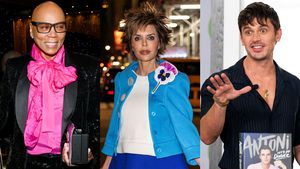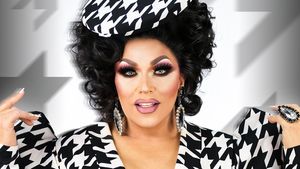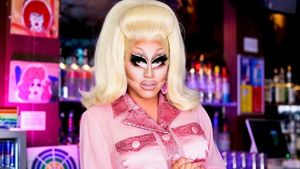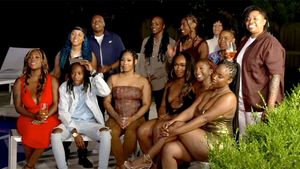Would you stop
loving your child if you knew they were gay or lesbian?
For LGBT adults, the answer is, of course, no. But do we
really live up to that answer? The fact is, there is a
shocking lack of awareness in our community of the
problems faced by LGBT youths. As someone who has spent
more than a decade running programs for homeless teens, I
know all too well what it means when a family cannot
accept their child because that child is lesbian, gay,
bisexual, or transgender.
Numerous tragic
situations I have encountered come to mind. There was the
boy from rural Delaware who came out to his family at age 15
at a family picnic. His father first tried to strangle
him and later that night kicked him out of his home.
And the young woman from New York City whose mother
discovered she is a lesbian. Her mother attacked her,
ripping out a piece of her scalp. And the young man
from Florida who told his father he is gay. His father
put a gun to his head and told him to get out of the
house, that he was no longer his son. I have heard hundreds
of such stories and have known thousands of queer kids
who have endured the terrors and degradations of
homelessness as a result of rejection by their
biological families.
It's true
that today's teens are growing up in a world where
there are many more images of lesbian and gay people
in the media and there is a great deal more
information about homosexuality available. With Ellen and
Rosie and Will & Grace, progress has been
made. In large part as a result of this increase in LGBT
visibility, research indicates that teens are coming
out at younger ages than ever before.
But what kind of
an environment are today's youths coming out in? We
live in a society that remains bitterly divided about
whether or not to accept LGBT people. Far too many
parents are not willing to embrace their gay, lesbian,
or transgender children. In fact, a recent study indicated
that 25% of teens who come out experience rejection by
their families. And many of these rejected teens find
themselves out on the street, homeless and vulnerable.
Surveys of homeless youths in cities across our country
consistently show LGBT teens making up 25% to 50% of the
entire homeless youth population.
In 2002, I
founded the Ali Forney Center in response to this crisis. We
are now the largest and most comprehensive organization in
the nation dedicated to serving homeless LGBT youths.
We offer emergency and transitional housing, medical
and psychiatric care, street outreach and drop-in
services, and a vocational training program. We do
everything we can to duplicate the kind of nurturing
and support that teens should receive from their
families. Over the past four years, more than 500
youths have benefitted from our housing programs.
But we have not
been able to do enough. Every day there are more kids
needing our help than we have space to accommodate. Many
LGBT youths continue to suffer terribly, both from the
pain of being cast out of their families and from the
danger and squalor of life on the street.
The Ali Forney
Center has begun an education and outreach effort in New
York City in order to preserve family cohesion and prevent
LGBT youth homelessness. We are offering counseling to
families of LGBT youths and are reaching out to
parents through an advertising campaign that asks,
"Would you stop loving your child if you know they
are gay?" Using compelling images of parents
holding their infant children, we hope to remind
parents of the deep bond they share with their children. The
thought-provoking campaign, created by Double Platinum, is
an important first step in our efforts to make LGBT
youths safer in their own homes.
It is tragic that
so many youths are forced to experience homelessness as
a result of their honesty. But it is disgraceful that the
larger LGBT community focuses so little attention and
so few resources on the problem. On behalf of the
thousands of LGBT youths on the streets of our nation,
I call on community members and leaders to make the welfare
of our youngest members a priority. We might not be
their parents, but these are our kids. We must do more
to protect them. And we must come up with strategies
to reach out to the communities who are often most opposed
to us--religious conservatives, immigrants,
people of color--for it is among families in
such communities that our LGBT youths are most in peril.


















































































